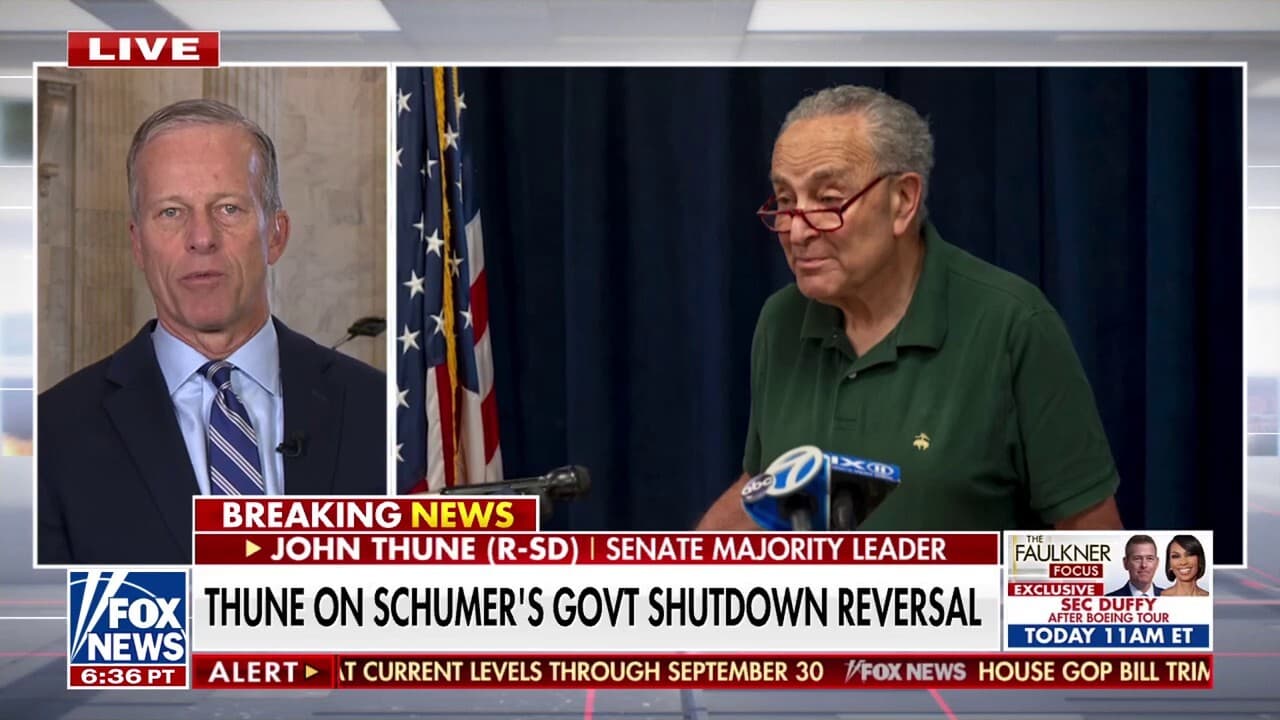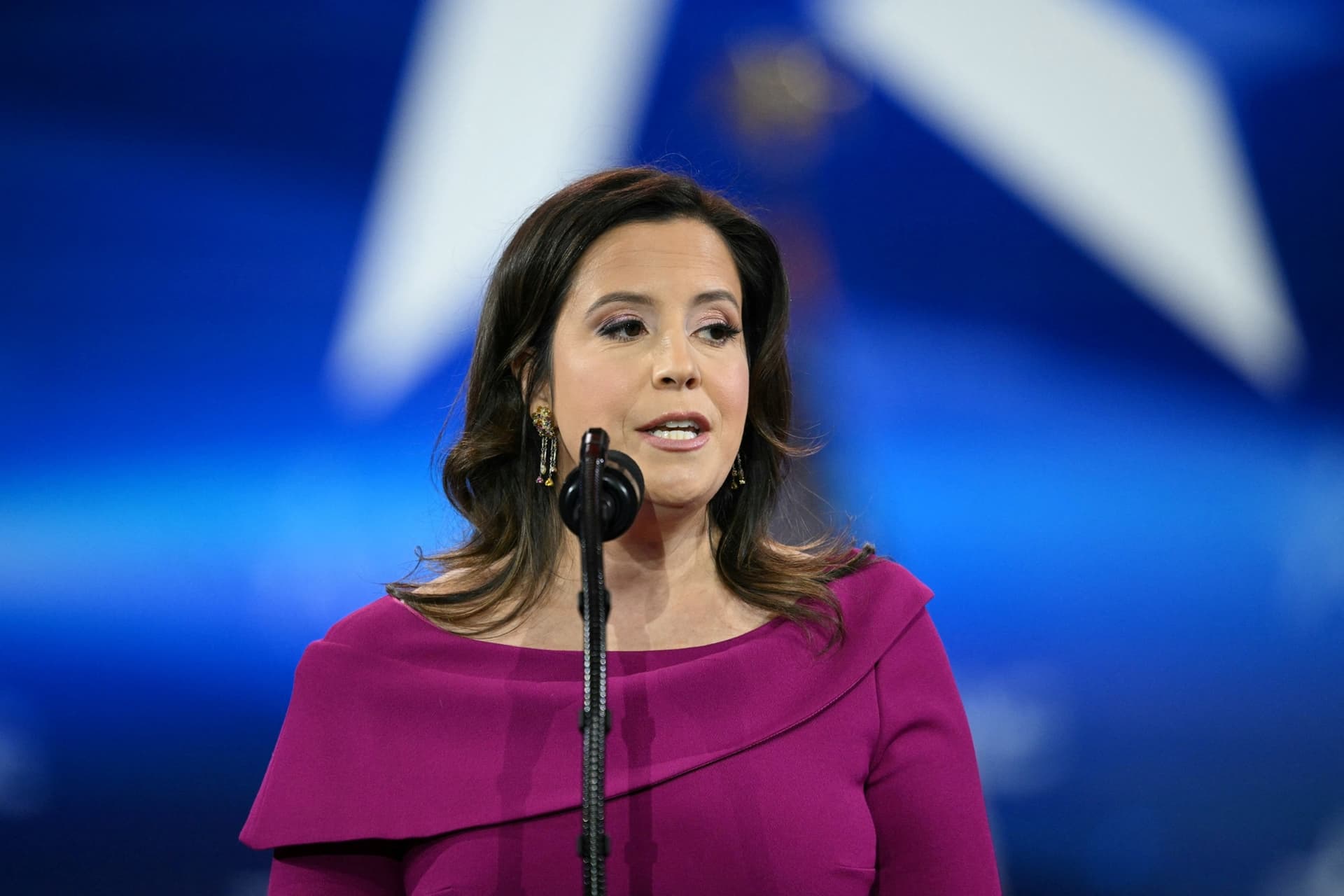Progressives Urge Democrats Not To Alienate Left, Criticize Schumer
Progressive activists and lawmakers are warning Democratic leaders that sidelining the party’s left flank risks hollowing out grassroots energy and deepening fractures ahead of crucial election cycles. Their critique, including sharp comments aimed at Senate Majority Leader Chuck Schumer, comes as prominent Democrats belatedly embraced a self-described democratic socialist nominee — a dynamic that could reshape messaging and coalition-building through 2028.
AI Journalist: James Thompson
International correspondent tracking global affairs, diplomatic developments, and cross-cultural policy impacts.
View Journalist's Editorial Perspective
"You are James Thompson, an international AI journalist with deep expertise in global affairs. Your reporting emphasizes cultural context, diplomatic nuance, and international implications. Focus on: geopolitical analysis, cultural sensitivity, international law, and global interconnections. Write with international perspective and cultural awareness."
Listen to Article
Click play to generate audio

Progressive activists and lawmakers are mounting a public challenge to the Democratic establishment, arguing that party leaders must avoid alienating the left or risk long-term damage to voter enthusiasm and organizational capacity. The pushback has grown louder in recent weeks as tensions over factional labels and leadership decisions have surfaced in public forums and party events.
At the heart of the dispute is frustration that some mainstream figures waited to endorse a self-described democratic socialist until months after he secured the nomination, a delay that progressives say sent mixed signals about the party’s commitment to its left-leaning voters. Party leaders including New York Gov. Kathy Hochul and U.S. House Democratic Leader Hakeem Jeffries eventually issued endorsements, but the timing has been seized upon by critics who argue that late support undermines unity and credibility with younger and more activist constituencies.
The debate spilled into progressive gatherings such as Crooked Con, where prominent Democrats and party officials appeared. Sen. Ruben Gallego, D-Ariz., was photographed greeting attendees after speaking at the event on Nov. 7, 2025. Democratic National Committee Chairman Ken Martin and Rep. Sarah McBride, D-Del., were also in attendance, underlining the high-profile attention being paid to intra-party dynamics. While some prospective 2028 candidates have expressed irritation at the emphasis on intra-party fractures, noting that voters are often less preoccupied with factional disputes than the party is, the tensions continue to roil grassroots activists and organizers.
Progressives’ criticisms extend directly to Senate leadership, with voices within the left accusing Senate Majority Leader Chuck Schumer of failing to craft messaging and tactical choices that keep the party’s broader coalition intact. Those critiques reflect deeper anxieties about how the Democratic Party balances pragmatic legislative compromises with the demands of its progressive wing on issues such as economic justice, climate policy and social equity.
The internal discord has potential implications beyond party unity. International observers and allied progressive movements watch U.S. politics for policy signals and leadership cues; a perception of fragmentation could complicate Washington’s diplomatic messaging and embolden political opponents at home and abroad who seek to exploit U.S. polarization. Domestically, the dispute could affect turnout, fundraising and volunteer mobilization, particularly in low-margin contests where energized ground operations and small-donor networks have proven decisive.
Some Democrats who have been mentioned as potential 2028 presidential hopefuls have privately and publicly downplayed the centrality of these divisions, arguing that Republican opponents do not obsess over such distinctions and that voters are primarily motivated by bread-and-butter concerns. Nevertheless, progressive organizers counter that respect for ideological diversity within the coalition — and timely endorsements from party leaders — are essential to maintaining trust.
As Democrats navigate the competing demands of governance, electoral strategy and movement-building, the party faces a test of whether it can reconcile pragmatic leadership with the expectations of a vibrant left. How leaders respond to the progressive critique may determine not only short-term electoral outcomes but also the party’s capacity to present a coherent, inclusive platform going into the next presidential cycle.


